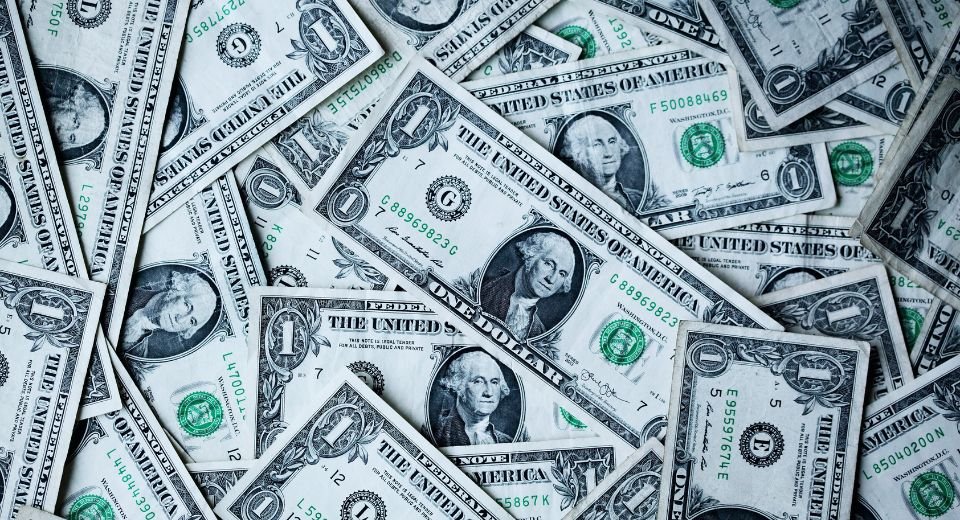HQ Team
December 1, 2022: A slowdown in economic growth and a severe inflationary crisis has affected global pay packets and is putting the post-pandemic recovery at risk, according to the International Labour Organization.
A global energy crisis triggered by the war in Ukraine has exacerbated the situation, the Global Wage Report 2022-2023 revealed.
Global monthly wages fell in real terms to -0.9% in the first half of the year, marking the first instance of negative growth this century. The purchasing power of middle-class families has fallen, while low-income households have been hit hard.
“The multiple global crises we are facing have led to a decline in real wages. It has placed tens of millions of workers in a dire situation as they face increasing uncertainties,” said Gilbert F. Houngbo, the ILO Director-General, warning of the potential consequences.
“Income inequality and poverty will rise if the purchasing power of the lowest paid is not maintained,” he said. “In addition, a much-needed post-pandemic recovery could be put at risk. This could fuel further social unrest across the world.”
G20 countries
ILO estimated that in the first half of the year, real wages declined to -2.2 per cent in advanced G20 countries and grew by 0.8 per cent in emerging G20 countries. “This is 2.6 per cent less than in 2019, the year before the Covid-19 pandemic.”
According to the report, inflation rose faster in high-income countries, which includes regional and government data.
In Canada and the US, average real wage growth dropped to zero in 2021 and fell to -3.2% in the first half of this year. During the same period, Latin America and the Caribbean saw real wage growth decline to -1.4% and then to -1.7%.
Real wage growth rose to 3.5% last year in Asia and the Pacific in 2021 but slowed to 1.3% during the first six months of this year. When China got excluded, growth increased by 0.3 per cent and 0.7 per cent, respectively.
The low-income families felt more impact as most of their disposable income goes to buy essential goods and services, which experience more significant price increases than non-essential items.
In many countries, inflation is also eroding the actual value of minimum wages, according to the report.








